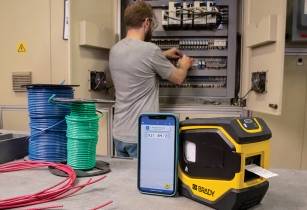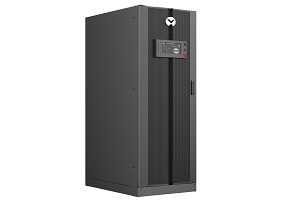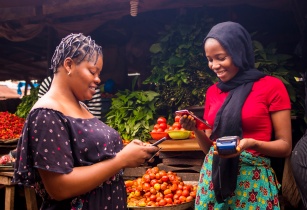According to Google Africa, the continent is home to 19 of the top 20 fastest-growing countries in the world, and its internet economy has the potential to grow to US$180bn by 2025
Africa Overview
According to Google Africa, the continent is home to 19 of the top 20 fastest-growing countries in the world, and its internet economy has the potential to grow to US$180bn by 2025. By the same year, more than half of Africa’s population will be under 25, creating an even more pressing need to generate economic opportunity. Done the right way, digital-first and data-led distribution is set to transform Africa.
Drilling Down
Looking closer, small, and medium-sized businesses are under the microscope, making up 90% of all businesses in Africa. However, at a time when digital connectivity is more important than ever to small business resilience, not forgetting the unfolding age demographic, Africa has much to do to keep up with their global counterparts. The potential, however, lies in equipping people and businesses with tech tools to meet local needs and in turn unlock innovation.
Warren Brett Cluster executive, SEA Region, Smollan Tanzania shared, “Digitalisation in Africa is changing quickly at a sales force, manufacturing, and distribution level but not as much at a retailer level. On the most part it’s only scratching the surface. Traditionally the retailer must initiate the purchase of FMCG goods from wholesalers and distributors – sometimes having to physically close shop to collect stock and in turn losing out on potential earnings. Putting the power in retailer’s hands is the answer – building retailer databases and creating solutions enabling brands to reach them using technology to support the link between all parties.”
Solutions
Working to solve the digitalisation gaps in Africa is an exciting challenge. A good example is the launch of Kyosk - an app that provides a seamless link for traditional retailers (providing them with market data visibility and last mile delivery), local eateries (access to quality products at competitive prices delivered directly to them within 24hours) and small-holder farmers (provide end-to-end digitisation of their value chain). Currently operating over 40 fulfillment centres across Kenya, Tanzania, Uganda, and Nigeria.
Furthermore, different digital platforms are attempting to digitise the entire commerce value chain. Yoco for example, launched in 2013 in South Africa is a go-to platform that is successful in offering access to online payments.
As a ‘watch this space’ side note of potentially robust proportions is ‘The Africa Digital Economy Initiative for Africa’ (DE4A) - an alliance created with the World Bank Group and the African Union to collectively think big on digital development. The aim is to ensure that every individual, business, and government in Africa will be digitally enabled by 2030 with their support.




































